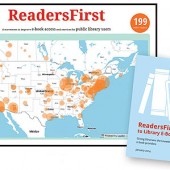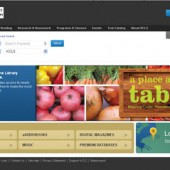
Few things can be more frustrating to library patrons—or staff, for that matter—than a self-check system that’s ill-suited for its setting. But when such a system runs smoothly, it increases efficiency, protects materials, promotes library programming, and instills confidence in patrons, which translates into increased circulation and a staff with more time to focus on things like programs and services.







